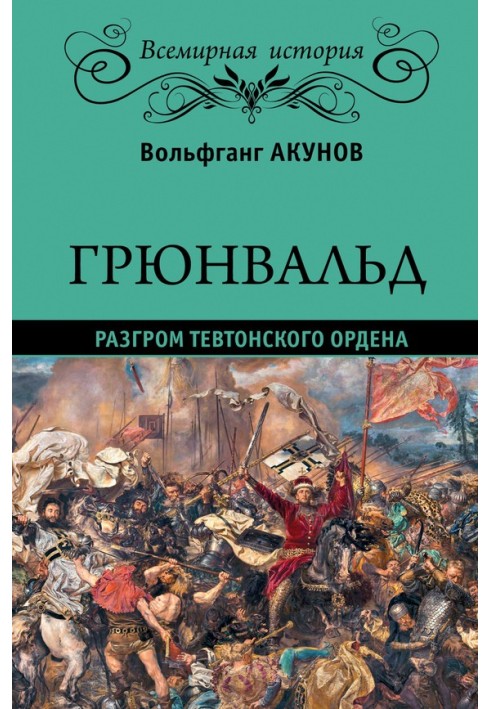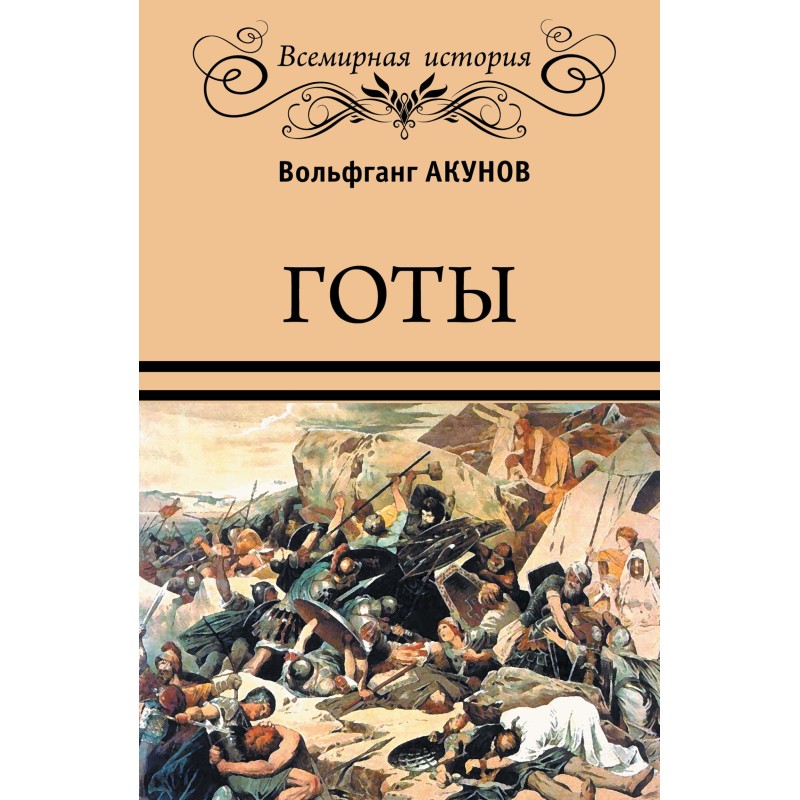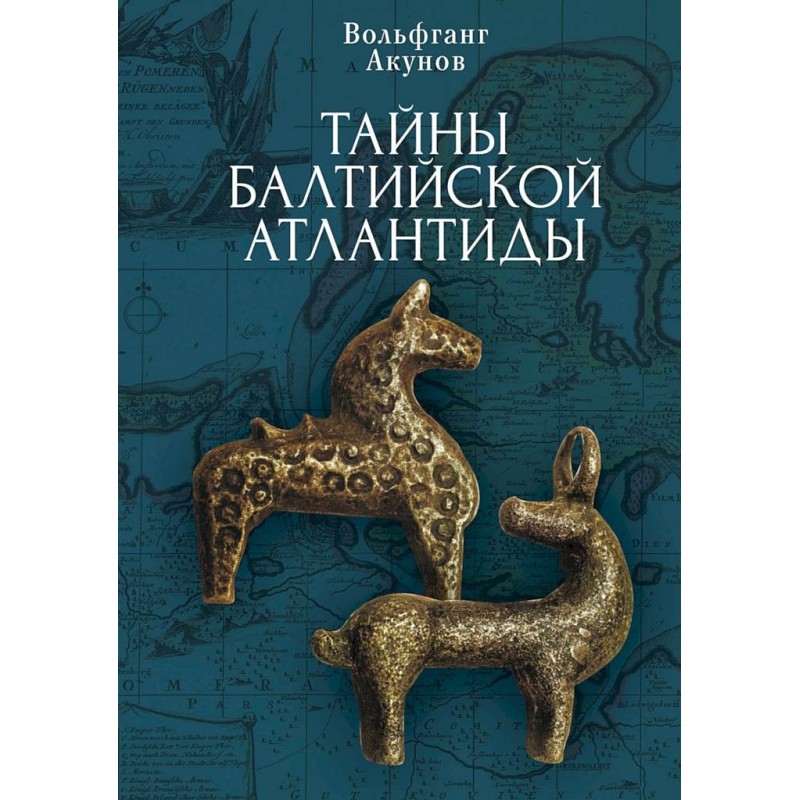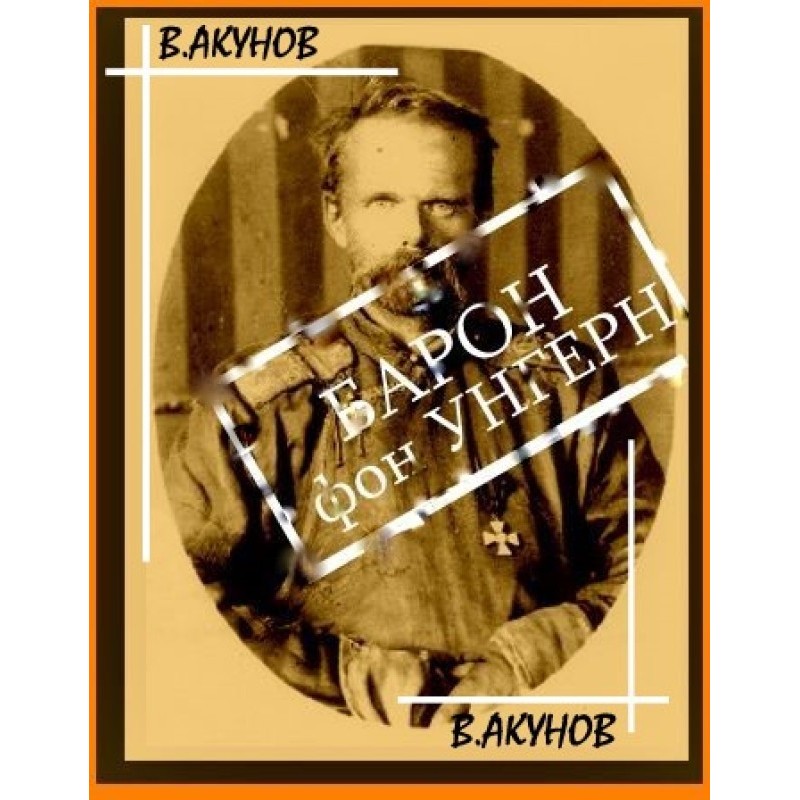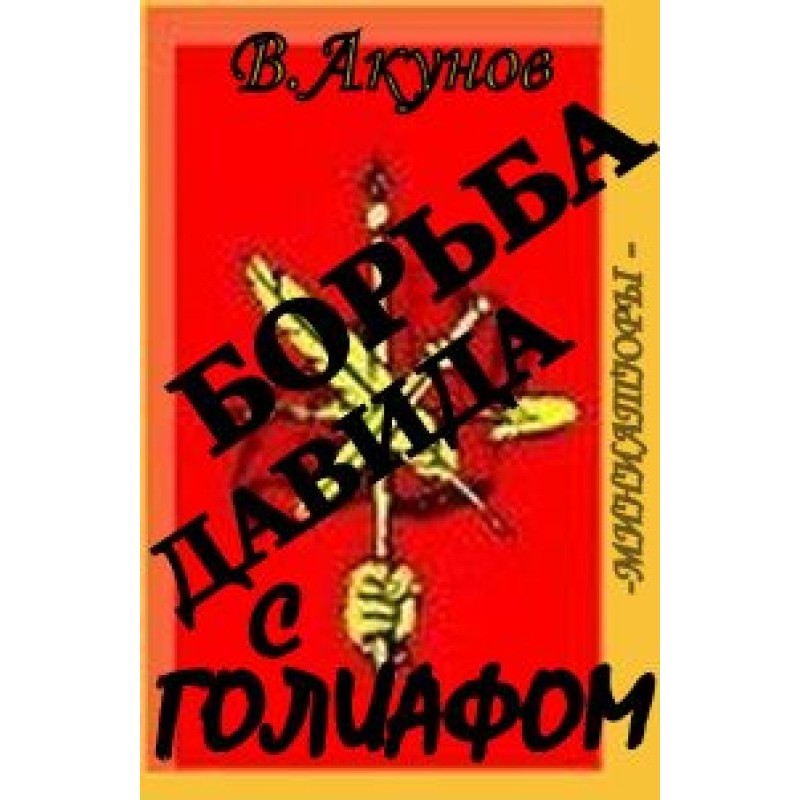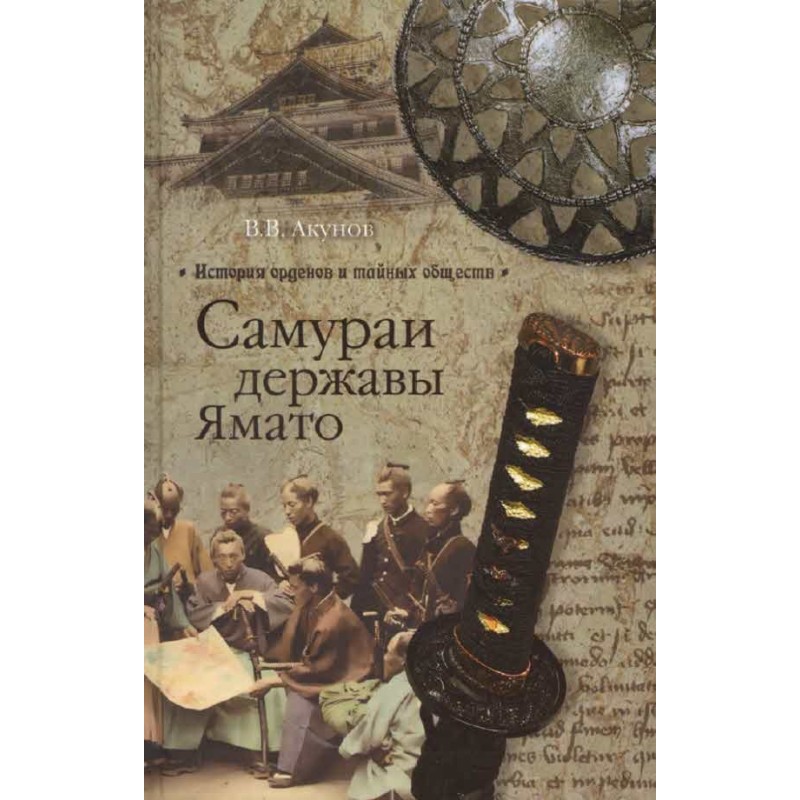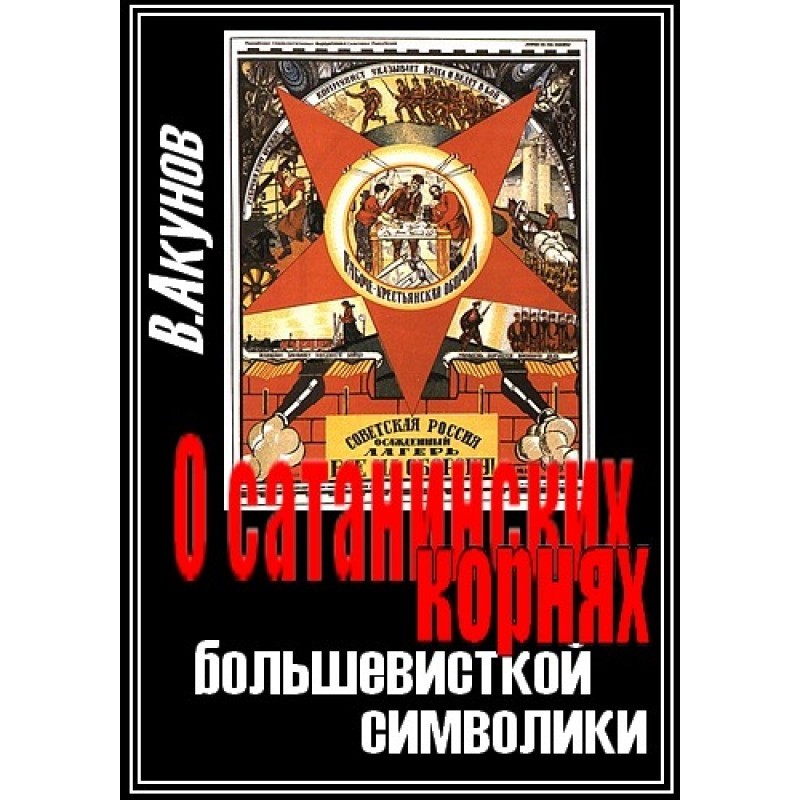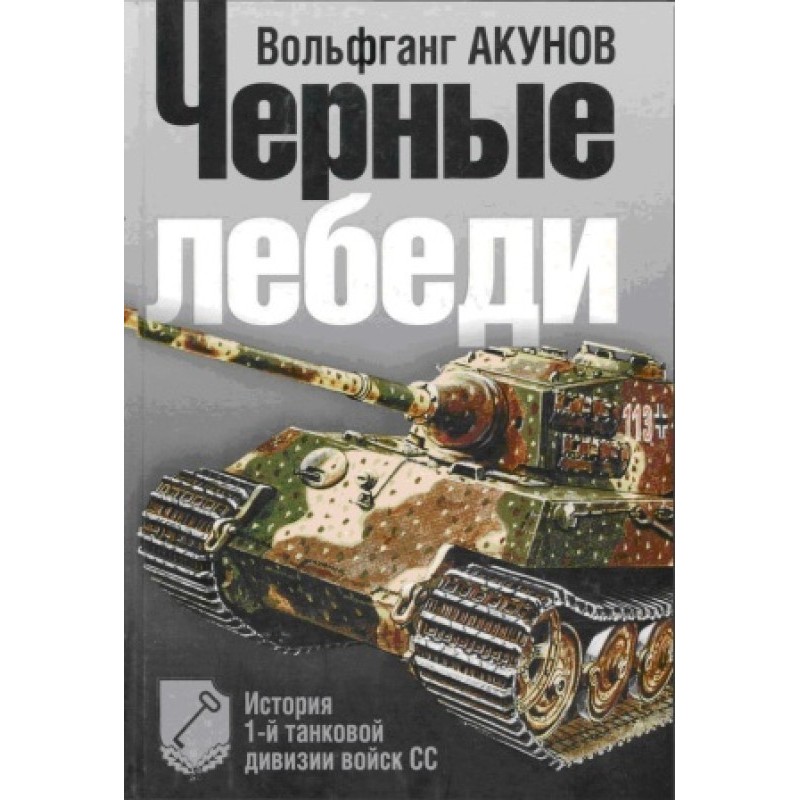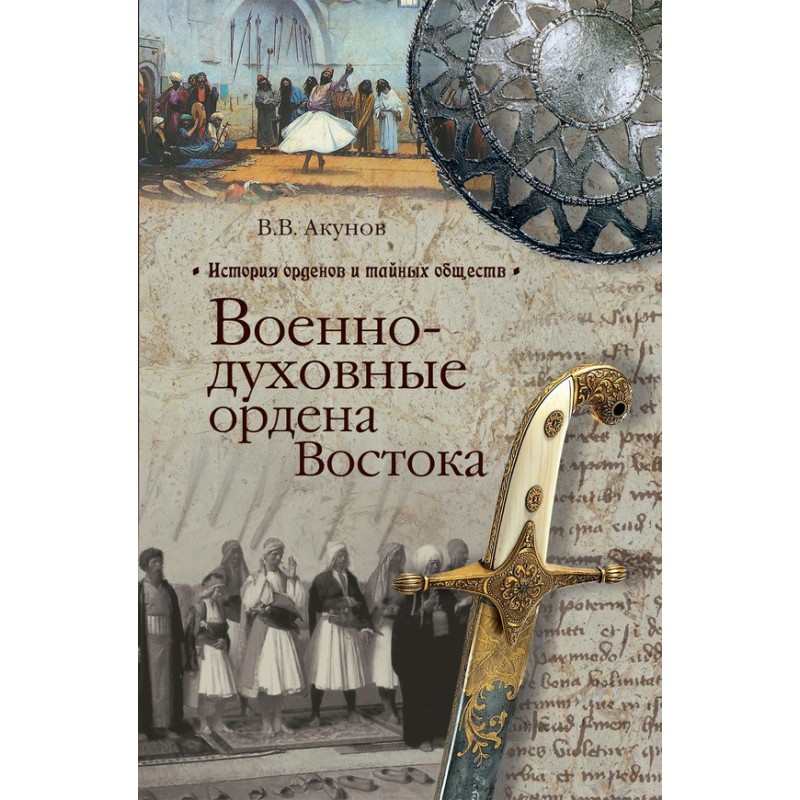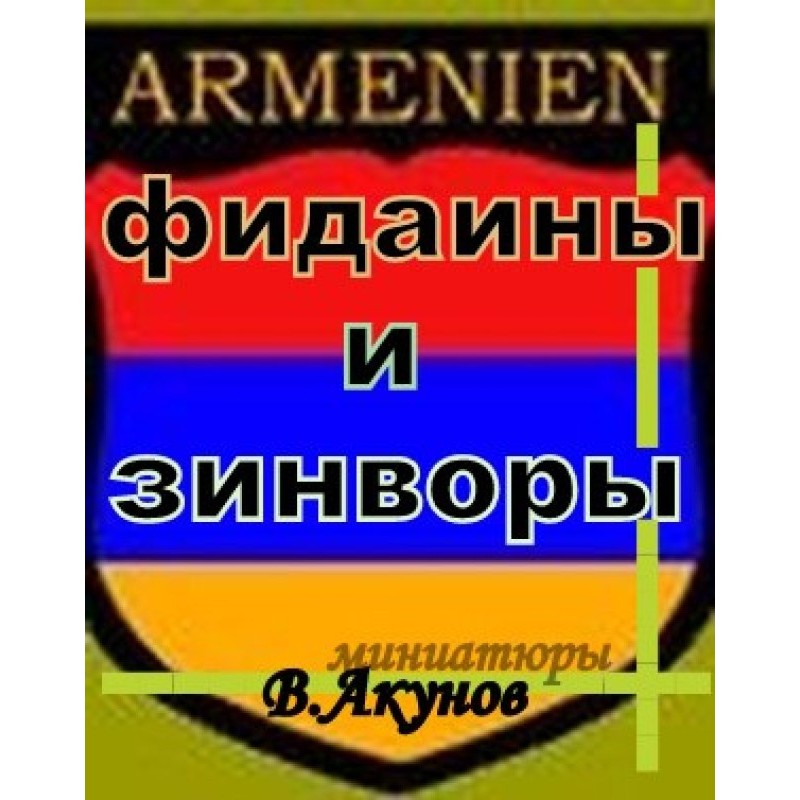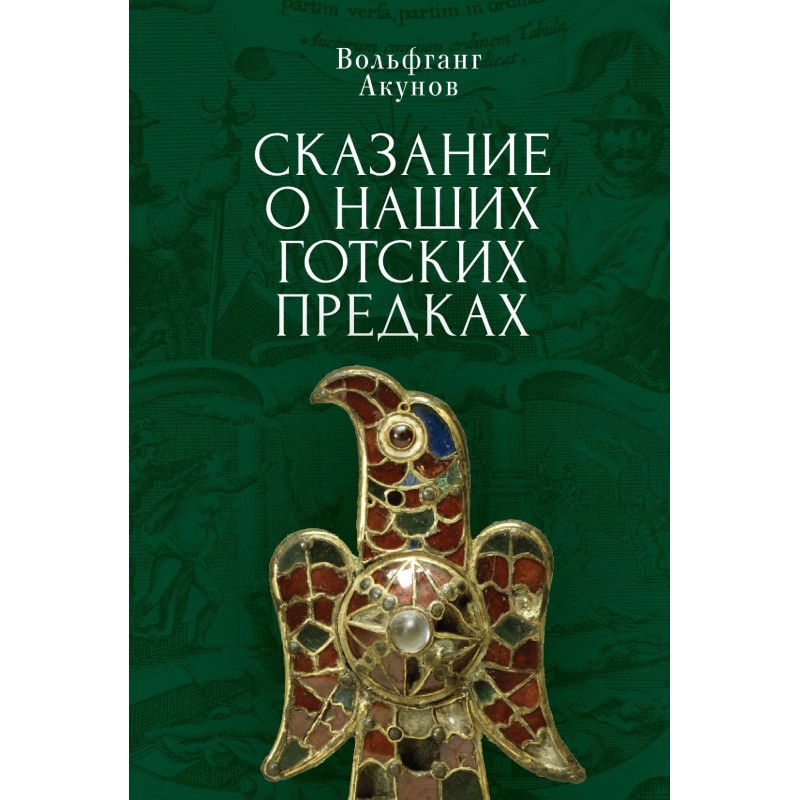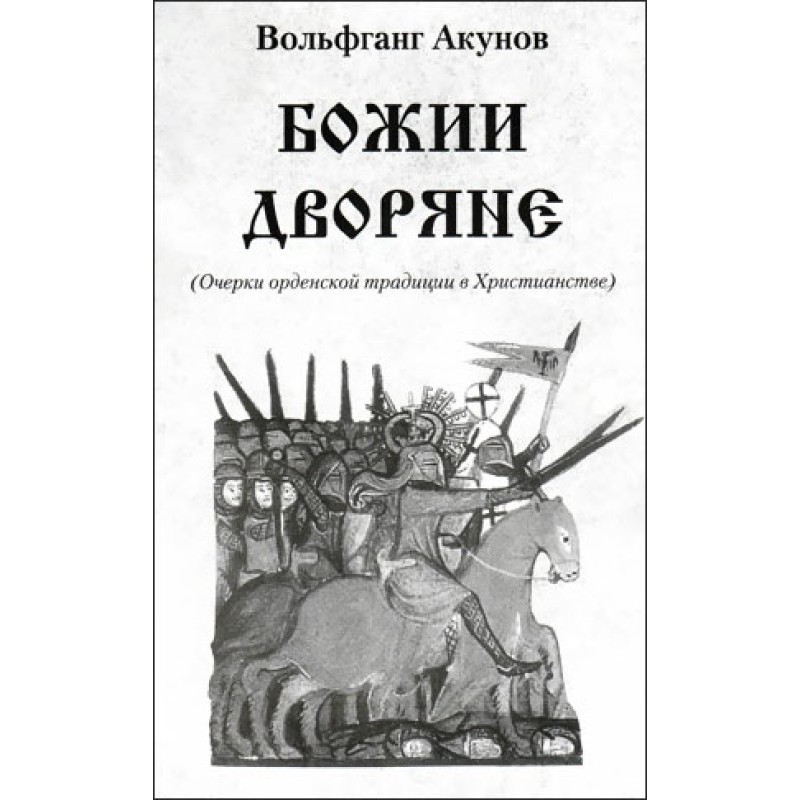Grunwald. Defeat of the Teutonic Order
 Instant download
Instant download
after payment (24/7)
 Wide range of formats
Wide range of formats
(for all gadgets)
 Full book
Full book
(including for Apple and Android)
The book by historian Wolfgang Akunov reveals the history of the long-term armed conflict between the military-spiritual Teutonic Order of the Blessed Virgin Mary, the Grand Duchy of Lithuania and the Kingdom of Poland (XIII-XVI centuries). The main focus is on the so-called. The Great War (1310–1411) between the order, Lithuania and Poland, which ended with the defeat of the order army in the Battle of Grunwald on July 15, 1410, followed by the unsuccessful siege of the order capital of Marienburg (Malborg) for the victors, the First and Second Peace of Torun, 13 years the war between the order, its secular subjects and Poland and the further history of the order, up to the transformation of the Prussian state in 1525 into the secular Duchy of Prussia, a vassal to Poland - the embryo of the future Prussian Kingdom of the Hohenzollerns. Personal courage glorified the Teutonic knights, but they fought for what was historically doomed business.
Data sheet
- Name of the Author
- Вольфганг Акунов Викторович
- Language
- Russian
Reviews
Вражаюча історична подорож!
Книга Вольфганга Акунова "Грюнвальд. Розгром Тевтонського ордену" є неймовірним внеском у вивчення середньовічної історії Східної Європи. Автор детально досліджує складний конфлікт між Тевтонським орденом, Великим князівством Литовським та Польським королівством, що тривав понад два століття. Особливо вражає опис Великої війни та битви при Грюнвальді, яка стала знаковою подією в історії регіону. Акунов не лише подає факти, але й майстерно відтворює атмосферу того часу, дозволяючи читачеві відчути напругу та емоції учасників. Книга наповнена аналітичними роздумами, які допомагають зрозуміти не лише військові стратегії, але й соціально-політичні аспекти епохи. Це видання стане справжнім відкриттям для всіх, хто цікавиться історією, і я рекомендую його як студентам, так і широкій аудиторії, яка прагне дізнатися більше про цей важливий період в історії Європи.

